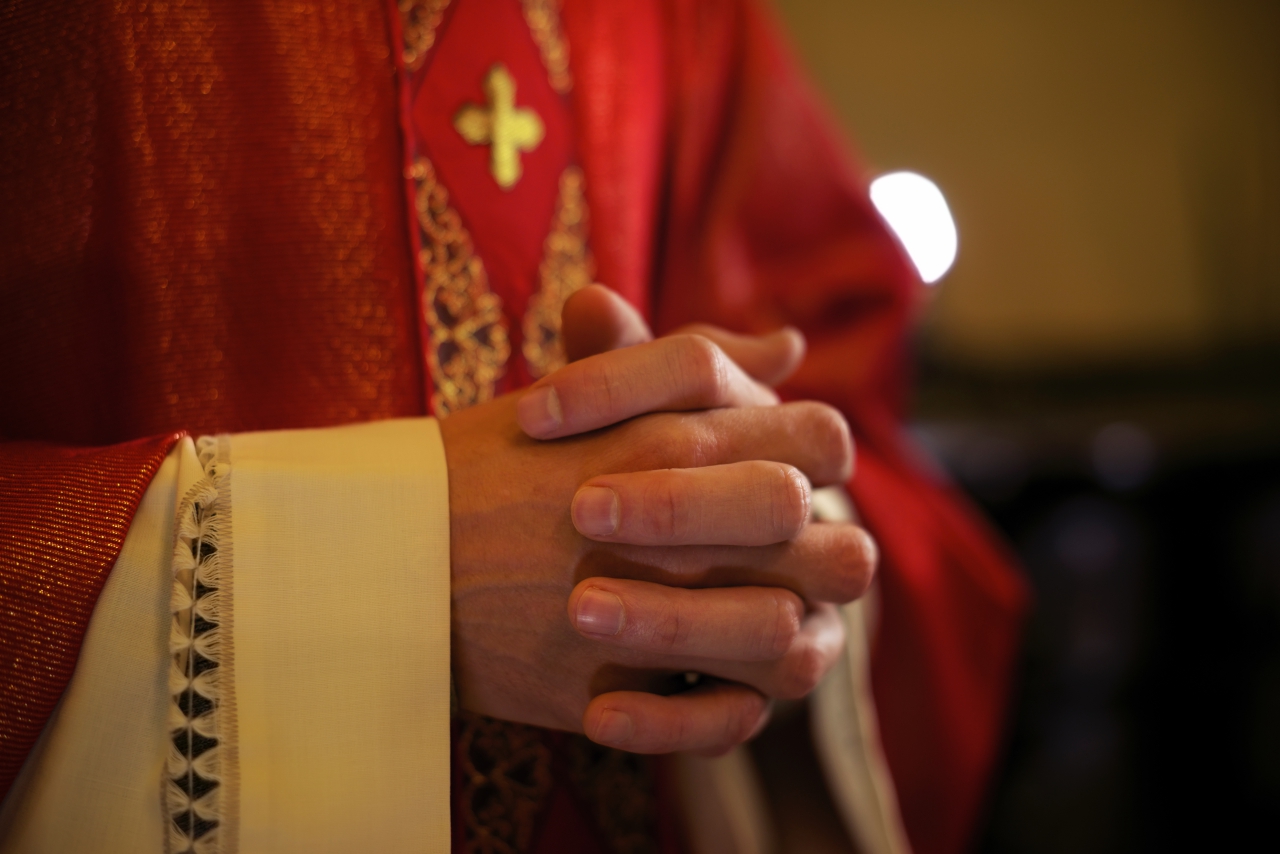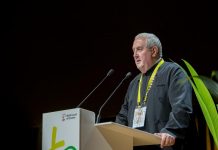The Roman Catholic Church has presented a formal response to “The Church: Towards a Common Vision,” the fruit of three decades of international ecumenical conversation about what it means to be the church.
The Pontifical Council for Promoting Christian Unity worked towards providing this official Catholic response, as requested by the World Council of Churches Faith and Order Commission. “This process has involved consultations with episcopal conferences around the world, as well as consideration of responses prepared by individual theologians, including both lay and ordained, academic study groups, and ecclesial movements,” reported the Pontifical Council for Promoting Christian Unity. “After due study of these contributions by the members of the drafting team, several working sessions were organized in Rome and a draft of the response was prepared.”
After further improvements by experts and editors, the official Catholic response was approved by the Congregation for the Doctrine of the Faith. “The response shows that ‘The Church: Towards a Common Vision’ synthesizes well the growing consensus in the field of ecclesiology in the current ecumenical dialogue,” reported the Pontifical Council for Promoting Christian Unity. “At the same time it points out various aspects which need further reflection on the nature and the mission of the church, as well as on the vision of its unity.”
Received with joy
WCC general secretary Rev. Dr Olav Fykse Tveit said “The Church: Towards a Common Vision” is a landmark in the ecumenical movement and the dialogues towards visible unity. “Significant common ground has been established and many common features in our traditions have been identified,” said Tveit. “Many churches have contributed to the reception process,” he said, adding that the response from the Roman Catholic Church is another landmark in this process.
“The response builds on a very comprehensive and wide process in the Roman Catholic Church,” noted Tveit. “The response is a sign of how we are walking, working and praying together. We have more to do, and more need to pray for the unity of the church. But we are committed to make it a unity that can be sustainable in its diversity and mutual accountability.”
Tveit continued: “The WCC receives this text and all responses with gratitude and hope, as we take our role as convening agent in the one ecumenical movement, building the viable road to visible unity, together with the Roman Catholic Church.”
Rev. Dr Susan Durber, moderator of the WCC Faith and Order Commission, said that the response from the Roman Catholic Church has been received with great joy. “It is encouraging to read a response that affirms how far we have come in common understanding and that exhibits such strong commitment to continuing on the journey towards visible unity, promising to ‘spare no effort’,” said Durber. “There are some notes that might surprise some readers; a call for more on ‘a personal encounter with Jesus Christ’, an encouragement that a theology of priesthood needs to be related to a theology of baptism, an emphasis on the local church, and affirmation of the essential missionary nature of the church.”
There are important invitations too, added Durber: “to explore more together the meaning of sacramentality, to reflect on ecumenical spirituality, and to see more fully how we have often been looking in different ways at the same reality.”
The response from the Roman Catholic Church has a sense of hope, faith and real commitment, said Durber. “The Faith and Order Commission of the WCC, on which Roman Catholics serve as full members, is deeply grateful for the gift of this response, a gift to the ecumenical movement.”
WCC, oikoumene.org















